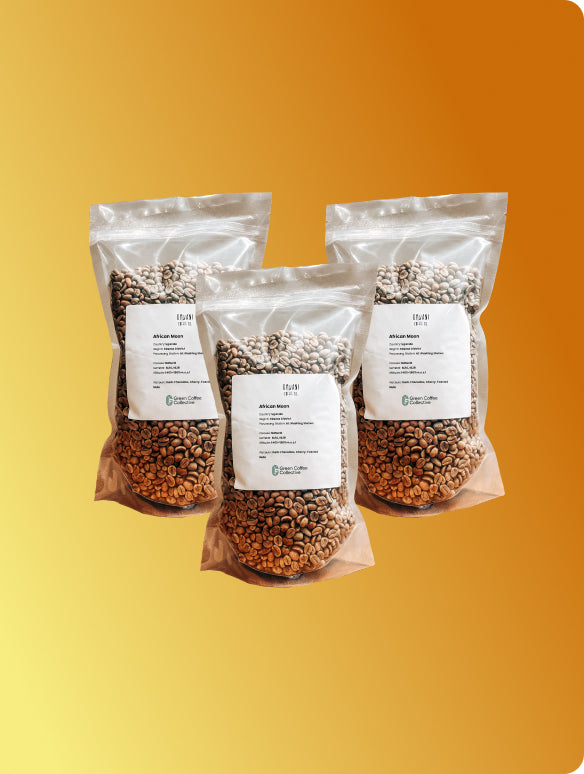The Democratic Republic of Congo is more often associated with conflict than coffee. Yet the country’s conditions for Arabica and Robusta are remarkable. In the 1980s, coffee was second only to copper as the DRC’s most valuable export, grown widely as a cash crop during colonial rule. But under Mobutu Sese Seko’s dictatorship, production plummeted. Violence that followed destroyed farms altogether, and by 2016 output had fallen to just 8,000 tons - a dramatic collapse from the 120,000 tons produced in 1993.
A conflict with deep roots
The decline of coffee is tied to the wider story of war in the Congo. After independence in 1960, decades of dictatorship, corruption, and weak governance left the state fragile. The 1994 Rwandan genocide proved a turning point, as over two million Hutu refugees - including militias responsible for mass killings - fled into eastern Congo. Rwanda armed Tutsi militias in response, sparking wider conflict.
In 1996, Rwanda and Uganda backed Laurent-Désiré Kabila’s rebel movement, toppling Mobutu in the First Congo War. But alliances quickly collapsed, and the Second Congo War erupted in 1998, pulling in nine African nations and dozens of armed groups. Peace agreements eventually followed, but the cost was immense: millions died from fighting, hunger, and disease.
Today, instability continues. More than 120 armed groups operate in the mineral-rich east, including the Tutsi-led M23, Uganda’s Allied Democratic Forces (ADF), and the Lendu-based CODECO. Many fund themselves by exploiting the country’s cobalt, gold, and coltan. Despite repeated peacekeeping efforts, weak governance, corruption, and ethnic tensions continue to fuel instability.
Why coffee became a focus again
For many, coffee represents a path out of violence. In the past decade, production has climbed back up to over 62,000 tons. NGOs and specialty traders have invested heavily, seeing coffee as both an economic opportunity and a stabilising force.
The Congolese side of Lake Kivu has the right climate, soil, and altitude to produce exceptional Arabicas. Cuppers have rated them highly, and these attributes mean farmers can fetch a premium in global markets. For families, this income can mean food security, healthcare, or school fees. For ex-combatants, coffee can provide a viable alternative to militias, reintegrating them into civil society with steady livelihoods. In this sense, coffee has been more than an export crop - it has been a fragile tool of peacebuilding.
The risk of collapse once again
That fragile progress is now threatened. In recent years, the M23 rebel group has resurged, capturing major cities in eastern Congo, including areas of North and South Kivu where coffee is grown. Backed by Rwanda, their advance has displaced thousands, while Uganda’s growing military presence has raised fears of a return to regional war.
As fighting escalates, farmers are being cut off from their land. Coffee trees are being left untended, with crops rotting on branches. The very provinces that hold some of the highest-quality Arabica potential in Africa are once again being devastated by conflict.
A fragile promise
The DRC’s coffee revival shows both the potential and the limits of coffee in conflict zones. It can offer income, stability, and even peace - but only if basic security is guaranteed. Without it, even the best terroir and the strongest international interest cannot sustain the industry.

